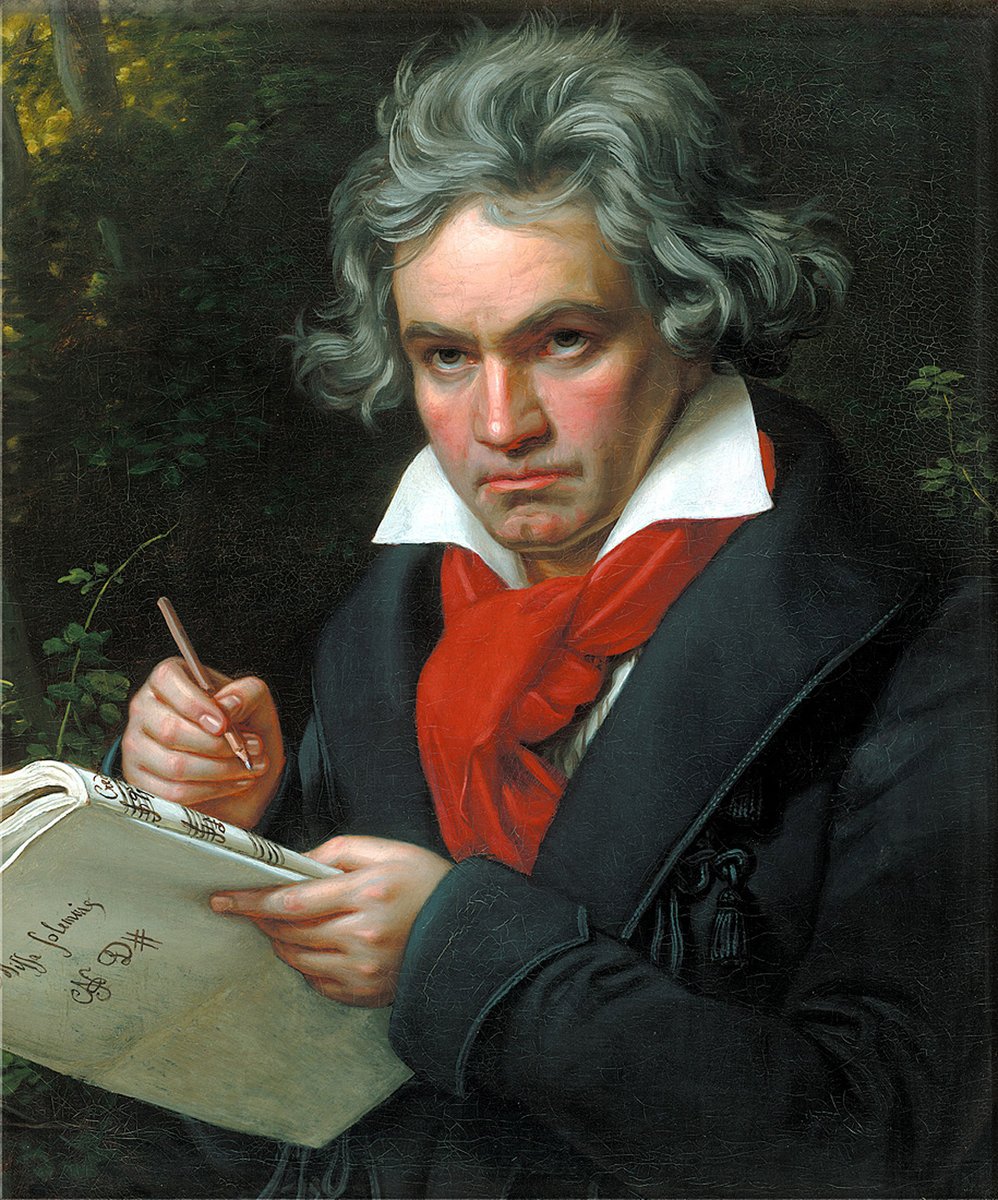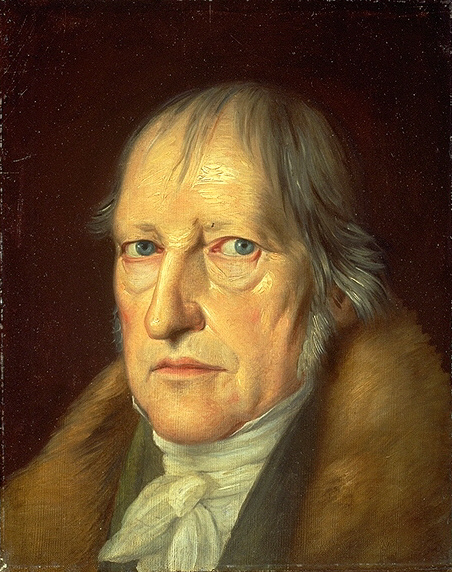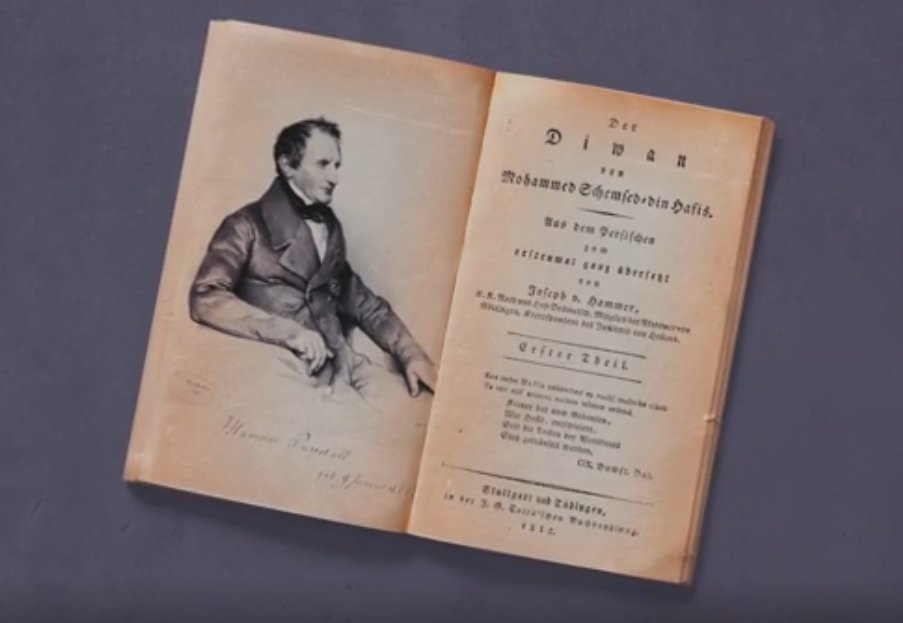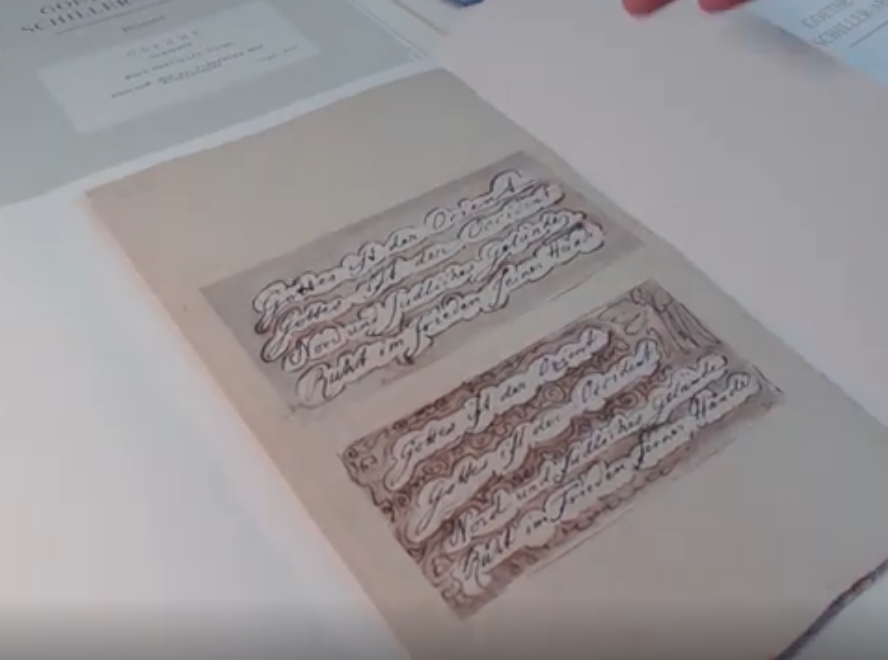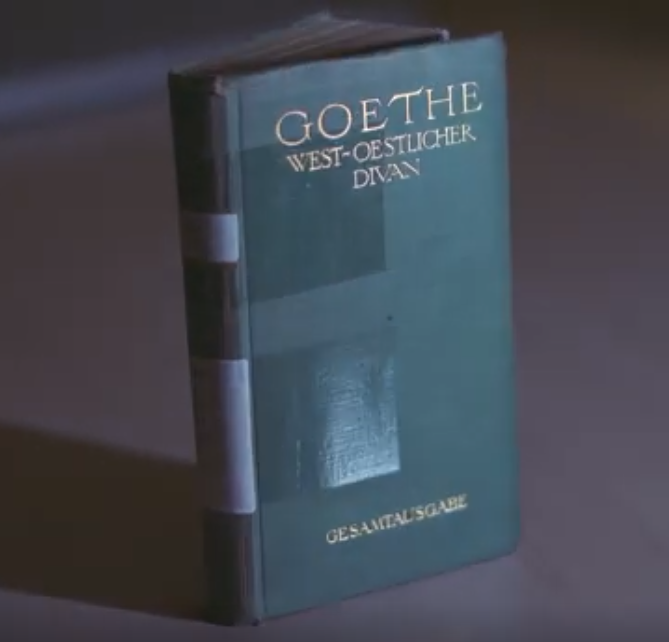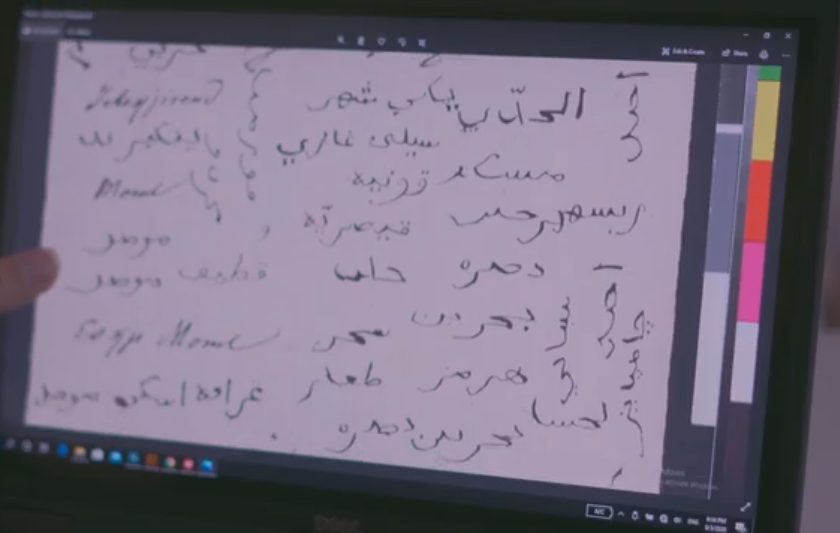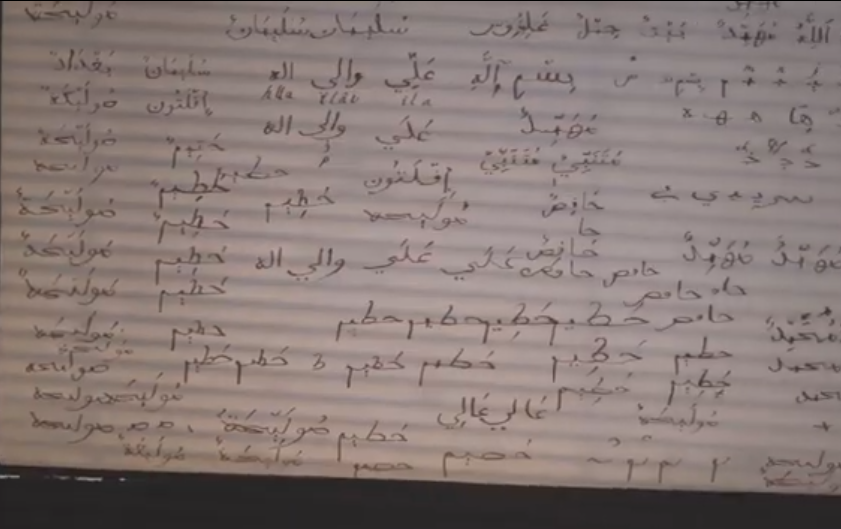[Thread]
Did you know that..
German writer, philosopher and painter Johann #Goethe studied (and perhaps) converted to Shia Islam?
Did you know that..
German writer, philosopher and painter Johann #Goethe studied (and perhaps) converted to Shia Islam?
In early January 2020, among Goethe's personal belongings, manuscripts were found that shows that Goethe had made a cultural bridge to the shiites in the east.
#Goethe became the main figure in German literature. His works had a massive influence throughout Europe that it became the primary resource in music, poetry, drama and philosophy.
Dr. Bernard Fisher, the president of the Goethe foundation in #Weimar, shared some never seen footage and information regarding Goethe's studies and interest towards Shia Islam.
Fisher tells us how Goethe studied theology and art. He used to do observations about the world's phenomena, from worms in the soil to the stars in the sky.
Goethe has had an enormous influence on German philosophy ( #Hegel, Schelling). His poems inspired musicians such as #Mozart & #Beethoven. It's been known that #Napolean read Goethe's The Sorrow of Young Werther over and over again.
Due to the bloody wars by Napoleon in Europe, depression and misery affected the people there, including Goethe. As a result, he could no longer compose or write any artistic or scientific work.
Meanwhile, Austrian orientalist, Joseph von Hammer- #Purgstall translated Hafez Shirazi's Divan into German and delivered it to Goethe.
Influenced by #Hafez's poems, Goethe regained his poetic nature, living in Hafez's world led him to compose 15 new poems in 1 week.
Influenced by #Hafez's poems, Goethe regained his poetic nature, living in Hafez's world led him to compose 15 new poems in 1 week.
That's when Goethe started composing "West-Eastern Divan" which was inspired by the Iranian poet, Hafez. This book is one of Goethe's last works and he described it as "The result of his life".
Interesting is that he named the first chapter of his book "Hijrat". This recalls the journey of the Islamic Prophet Muhammad (s) and his followers from Mecca to Jathrib (Medina).
Goethe also has a poem in the West-Eastern Divan entitled "Muhammad's song". This poem is in the form of a dialogue between Imam Ali (as) and Fatemeh (as), his wife and the daughter of prophet Mohammad.
The unfinished poem comprises 70 couplets. In this poem, Goethe describes the Prophet as the water that flows from the mountains from the 2 characters, which reveals his depth of knowledge on the Islamic mysticism.
Goethe turned to written sources from Islam to understand Hafez's patterns better. As of now, we do not know exactly what sources Goethe had used other than the #Quran.
Annemarie Schimmel, German researcher, believes that the smile of the Prophet of Islam with water in the poem "Muhammad's Song" can not be found in any source other than the work of Al-Kulayni (Kafi).
To understand these sources better, Goethe had to learn the Arabic and Persian language and calligraphy. Thus he tried to imitate the Arabic calligraphy from eastern books. His Arabic and Persian calligraphy exercises are still present in his house and that after 2 centuries!
Goethe's practice work and exercises are kept in his home (museum) in Weimer. There's one insistence and repeating sentence that stands out from all the other. The important slogan for the shiite people that's also been called during the prayer: "Ali Wali Allah".
The number of times Goethe wrote "Ali Wali Allah" is inevitable and obvious that it was intended to learn this sentence for a purpose. Evidence is its writing on a large seperate sheet with decorated engravings and drawings.
The interviewer asked Fisher why, after the Prophet Muhammad, Goethe only considered the character of Imam Ali (as) while not mentioning any names of early Islam leaders in his manuscripts?
Fisher tells us that Goethe accepted Imam Ali (as) right away. He knew all the narratives about Islam (Sunni and Shia) and decided freely. This wasn't a coincidence, tells Fisher.
He had chosen Ali (as) who was more patient and tolerant than others, free from the inside.
He had chosen Ali (as) who was more patient and tolerant than others, free from the inside.
From this point of view, his choice had been made consciously. This #Islam is not dogmatic but a free religion. It has humanity, freedom of choice and thought.
Which is in harmony with Islamic freedom.
Which is in harmony with Islamic freedom.
What brings us even more excitement and goosebumps is what Goethe wrote (in German) under the "Ali Wali Allah"-writing.
"For the future Divan".
"For the future Divan".
Thanks to Fotros to collaborate with the Goethe foundation to give us this information that is not to be found anywhere else on the internet. All manuscripts are found in the Weimar museum in Germany.

 Read on Twitter
Read on Twitter![[Thread]Did you know that..German writer, philosopher and painter Johann #Goethe studied (and perhaps) converted to Shia Islam? [Thread]Did you know that..German writer, philosopher and painter Johann #Goethe studied (and perhaps) converted to Shia Islam?](https://pbs.twimg.com/media/Efx8dxJWkAI5-JU.jpg)
![[Thread]Did you know that..German writer, philosopher and painter Johann #Goethe studied (and perhaps) converted to Shia Islam? [Thread]Did you know that..German writer, philosopher and painter Johann #Goethe studied (and perhaps) converted to Shia Islam?](https://pbs.twimg.com/media/Efx8eb5XkAE8mv-.jpg)

